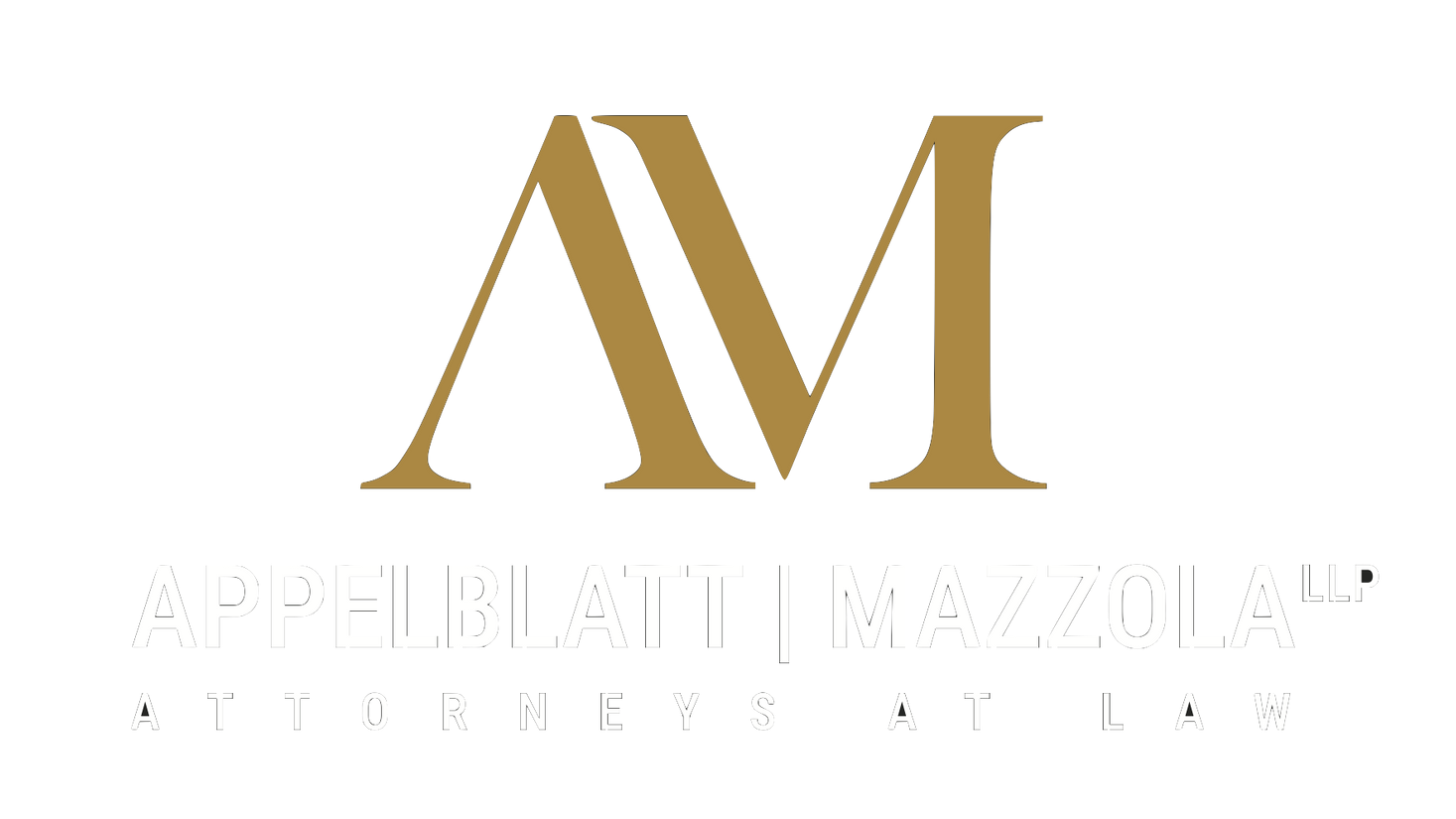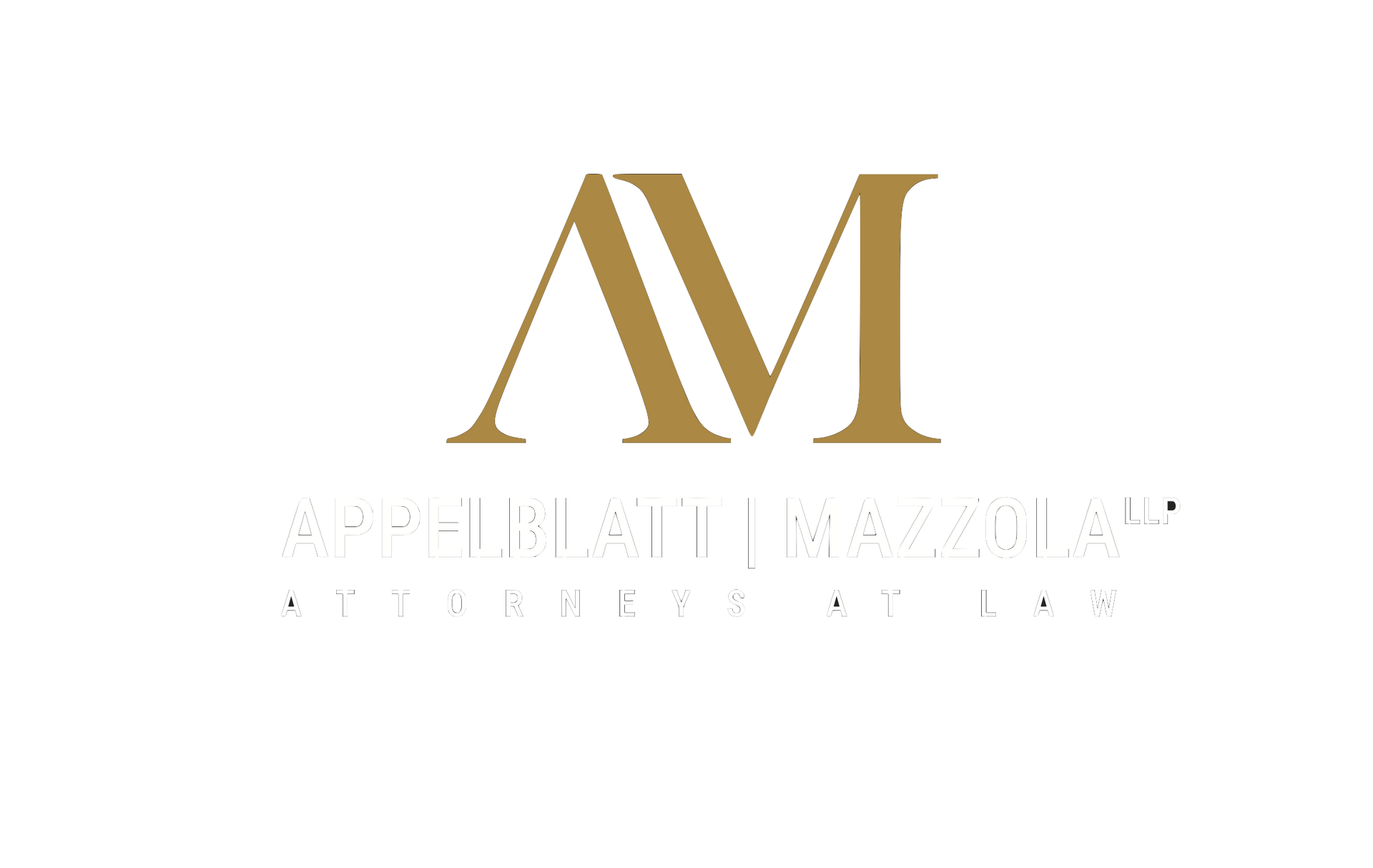Other Serious Accidents in California
Representing Victims of Life-Changing Injuries
Injured in a Different Type of Accident?
We Handle Complex & Uncommon Cases
Not every injury falls into a clear category like car crashes or slip and falls. Some accidents involve unique circumstances but still result from someone else’s negligence. From boating accidents on California waterways to injuries caused by fires, explosions, or animal attacks, we help victims pursue justice in even the most complex cases. If you or a loved one suffered serious harm because of another party’s carelessness, we’re here to fight for the compensation you deserve.
Types of Serious Accidents We Handle
Comprehensive Representation for Unique Cases
We assist clients across California with many types of serious injury cases, including:
Boating & Watercraft Accidents
Collisions, drownings, and injuries on boats, jet skis, and other watercraft caused by negligent operation or unsafe conditions.
Cruise Ship Injuries
Accidents involving slips, foodborne illnesses, or lack of proper medical care while on board.
Airplane & Aviation Accidents
Injuries and fatalities from small aircraft crashes or commercial aviation incidents.
Fire & Explosion Injuries
Severe burns and trauma caused by property fires, gas leaks, or industrial explosions.
Elevator & Escalator Accidents
Malfunctions and maintenance failures leading to serious injuries in buildings or public spaces.
Dog & Animal Attacks
Bites and injuries from unrestrained or dangerous animals, particularly when the owner fails to take proper precautions.
Serious Injury Claims in Florida
Understanding Your Rights After an Accident
California law allows victims of serious accidents to pursue compensation when another party’s negligence caused their injuries. These cases often require prompt action to preserve evidence and prove liability, particularly when dealing with large corporations or multiple defendants. The statute of limitations for filing a personal injury lawsuit in Florida has been reduced to two years, making it even more important to contact an attorney as soon as possible after an accident.
Two-Year Filing Deadline:
Personal injury lawsuits must generally be filed within two years of the incident.
Varied Case Types:
Each accident has unique legal considerations, so working with an attorney experienced in complex claims is critical.
High-Risk Areas in California:
Popular boating areas, cruise ship ports, and construction sites are common locations for these types of accidents.
Common Questions About Serious Accidents
Helping You Navigate the Legal Process
What are my legal rights after being injured in a recreational accident involving boats, jet skis, or similar watercraft?
If you were injured in a recreational boating or watercraft accident in California, you have the right to seek compensation if someone else's negligence contributed to the incident. This includes operators of boats, jet skis, or rental services that failed to follow safety regulations, maintain equipment, or provide adequate instructions. Water-based accidents often fall under both California tort law and federal maritime law depending on location. An experienced attorney can help preserve key evidence, identify all liable parties, and secure compensation for medical expenses, lost wages, and long-term impacts.Can I hold a cruise line or resort accountable if I was injured due to unsafe conditions or lack of medical care on board?
Yes. Cruise lines and destination resorts owe a duty of care to guests and can be held liable for injuries caused by unsafe conditions, negligent staff, or inadequate medical response. Maritime law often applies, and your ticket may limit when and where you can sue. An attorney familiar with these cases can help file in the correct jurisdiction within strict deadlines and ensure the cruise line is held accountable.What legal options do I have if I was injured in a small plane crash or private aviation accident?
If injured in a small plane or private aircraft crash, you may be entitled to compensation under both state law and federal aviation regulations. Liable parties might include the pilot, owner, maintenance crew, or manufacturer. The FAA investigates such incidents, and findings often support civil claims. These cases are highly technical and often catastrophic—retaining an attorney with aviation experience is crucial.How do I prove liability in cases involving serious burn injuries from fires or explosions?
To prove liability after a fire or explosion injury in California, you must show that negligence caused or contributed to the incident—this could involve landlords, utilities, or product manufacturers. Expert analysis and reports from fire investigators and building inspectors often play a critical role. Filing a legal claim can help recover costs related to medical care, property loss, and long-term rehabilitation.Who’s responsible if an elevator or escalator malfunction causes a serious injury in a public or private building?
Injuries from elevator or escalator malfunctions typically fall under California premises liability law. Responsibility may lie with the property owner, maintenance company, or manufacturer, depending on the cause. Victims can pursue damages for physical injuries and emotional trauma. Legal teams use maintenance records, inspection logs, and expert evaluations to establish fault and support your claim.Can I sue for a dog attack or animal injury even if it happened on someone else’s property or in a public space?
Yes. California’s strict liability law holds dog owners responsible for bites or attacks occurring in public or when the victim is lawfully on private property. You can recover damages for medical bills, scarring, trauma, and loss of income. Even without prior aggression from the dog, owners can still be held accountable unless the victim provoked the animal or was trespassing.How is fault determined when multiple parties may be responsible for a catastrophic or unusual accident?
When more than one party contributes to an accident, California applies comparative fault rules. This means each party’s liability is assigned based on their percentage of fault. Even if you share some responsibility, you can still recover a portion of your damages. These cases often require expert witnesses and thorough documentation to determine fault and hold all responsible parties accountable.What if I signed a waiver or release form before the activity that caused my injury—can I still file a claim?
Signing a waiver doesn’t always prevent you from filing a claim. If your injury resulted from gross negligence, unsafe conditions, or misconduct, the waiver may not be enforceable. California courts scrutinize how waivers are written and whether the risk was foreseeable or disclosed. A lawyer can review your specific waiver and advise whether your case qualifies for an exception.Are there different rules for accidents that happen on water, in the air, or outside of California?
Yes. Incidents on navigable water often fall under federal maritime law, while air travel is governed by federal aviation regulations. Cruise lines and international resorts may require claims to be filed in specific courts. These jurisdictional rules impact where and how a case is handled. An experienced attorney can guide you through the correct process to avoid dismissal due to filing errors.How can I make sure I’m not blamed for the accident if it involved something unpredictable or dangerous?
California’s comparative fault rules protect you even if the activity was risky. If you followed safety protocols and the injury was caused by equipment failure or someone else’s negligence, you may still recover compensation. Gathering photos, documentation, and witness testimony can help your legal team demonstrate the true cause of the incident and shield you from unfair blame.

